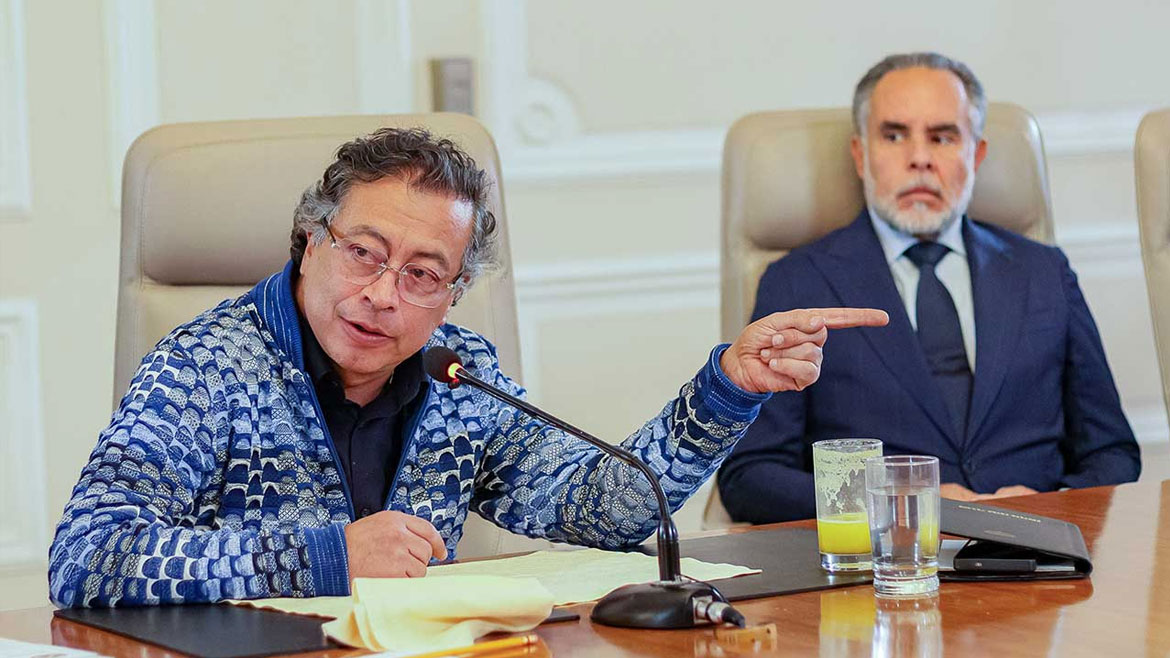
Petro’s referendum on labor reforms draws ire of Colombia’s opposition parties – Colombia News
- Colombia
- junio 4, 2025
- No Comment
- 52

Colombia’s President Gustavo Petro enraged political parties on the right by announcing that he will decree a referendum on labor reforms despite opposition by the Senate.
In an address to the nation, Petro confirmed that he will issue a decree ordering the National Registry to begin organizing the referendum that seeks to dramatically expand the rights of workers.
The decree of the popular consultation must be signed before the people, hopefully before hundreds of thousands of people. It was born from the people, it remains in the people. We do not have much time, therefore we do not have much time to call it.
Gustavo Petro
The president’s announcement ignores a disputed Senate vote, which turned down the referendum with 47 votes in favor and 49 against.
According to Petro, “they cheated” by impeding the participation of three coalition senators in the vote.
“If they doubt that the majority is with the labor reform, let them vote,” the president said in his address.
Both Petro and Interior Minister Armando Benedetti said that they expected the Constitutional Court to rule on the legality of the Senate vote and the decree ordering the referendum.
“I hope the Constitutional Court helps us reconstruct the concept of the rule of law,” said Petro.
In a response to the president’s announcement, the political parties that have opposed Petro’s labor reform bill in the Senate said that the president’s attempt to call a referendum “is a coup d’état.”
President Gustavo Petro has announced his intention to sign a decree to call his referendum, which has already been rejected by the Senate of the Republic. This decision, if carried out, would represent a serious, open and direct violation of the Constitution, a rupture of the separation of powers and a direct blow to the rule of law.
Opposition parties
The opposition parties insisted that Congress, “as a pillar of our democracy, carried out its constitutional role by not approving the aforementioned referendum and this decision must be respected.”
The congressional opposition, with the help of independent centrist parties, has successfully blocked the majority of Petro’s reform proposals and a government’s budget for this year.
This has led to what Petro has called an “institutional block” that, according to the president, has barred the government from carrying out the promised reforms that got them elected.




